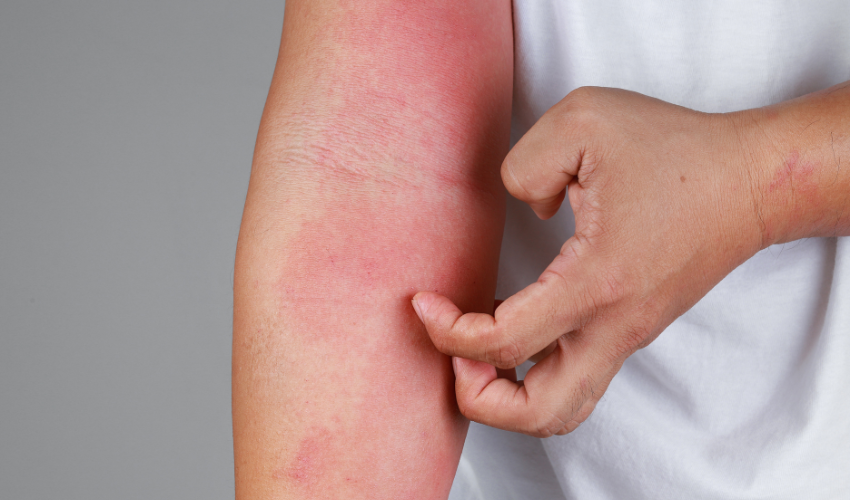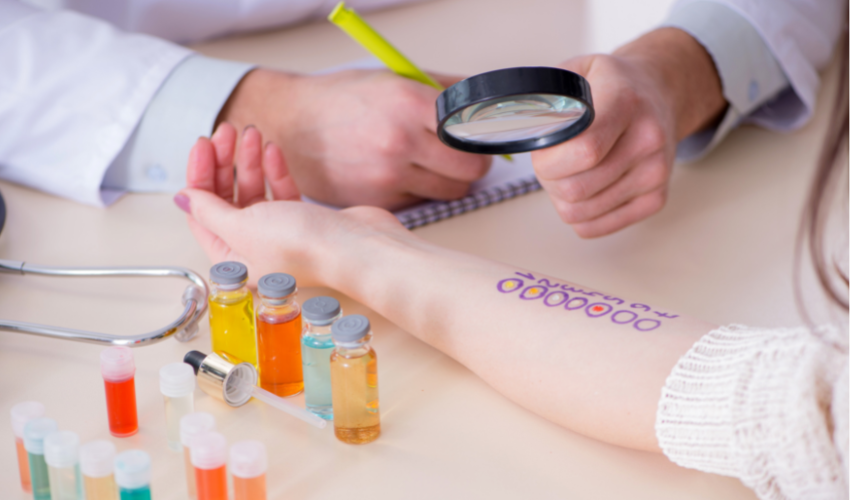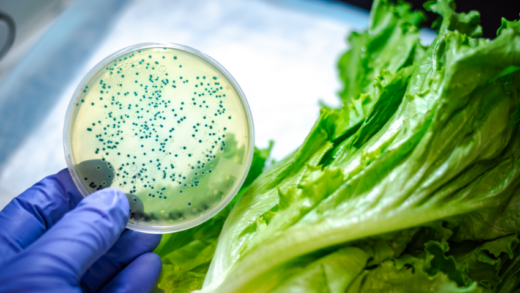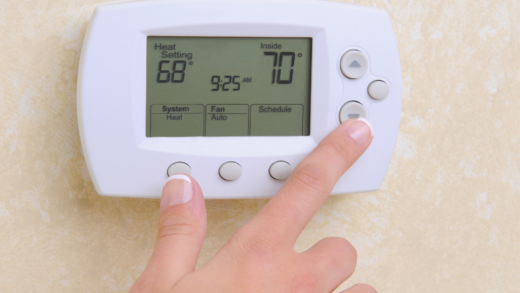Allergies affect millions of people worldwide and can manifest in various ways. From seasonal allergies to food allergies, these reactions can cause mild to severe symptoms, including sneezing, itching, swelling, and difficulty breathing. Therefore, it’s essential to know how to recognize and treat allergic reactions to prevent severe health complications. In this article, we’ll discuss the common signs and symptoms of allergic reactions, how to diagnose allergies, and the different treatment options available.
How to Recognize Allergic Reactions

Common Symptoms of Allergic Reactions
Allergic reactions can vary in severity, but some common signs and symptoms to look out for include:
- Sneezing
- Itchy or watery eyes
- Runny nose
- Hives or rashes on the skin
- Swelling of the face, lips, tongue, or throat
- Difficulty breathing or wheezing
- Abdominal pain, vomiting, or diarrhea
Diagnosing Allergies

If you suspect that you have an allergy, it’s essential to see an allergist. They will perform several tests to determine the root cause of your allergic reactions, including skin prick tests, blood tests, and elimination diets. Once diagnosed, your allergist will help you develop a personalized treatment plan to manage your allergies.
Different Types of Allergies
Allergies can manifest in different ways, and some of the most common types include:
- Food allergies
- Seasonal allergies
- Allergic asthma
- Insect sting allergies
- Medication allergies
How to Treat Allergic Reactions
Avoiding Triggers
The best way to prevent allergic reactions is by avoiding triggers. If you have a food allergy, make sure to read food labels carefully and avoid foods that contain allergens. For seasonal allergies, try to stay indoors when pollen counts are high, and use air filters to improve indoor air quality. If you have an insect sting allergy, wear protective clothing when outdoors and avoid wearing strong perfumes or scents.
Over-the-Counter Medications
For mild allergic reactions, over-the-counter medications can be effective in reducing symptoms. Antihistamines, decongestants, and nasal sprays can alleviate symptoms like sneezing, itching, and congestion.
Prescription Medications
For severe allergic reactions, prescription medications may be necessary. Epinephrine injectors, also known as EpiPens, can be lifesaving in cases of anaphylaxis. Your allergist may also prescribe corticosteroids, immunotherapy, or other medications to manage your allergies.
Bullet Points
- Common triggers of allergic reactions include pollen, dust mites, pet dander, insect stings, and certain foods
- Symptoms of allergic reactions can include skin rashes, hives, itching, sneezing, coughing, and difficulty breathing
- Anaphylaxis is a life-threatening allergic reaction that requires immediate medical attention
- Antihistamines are the first line of defense for treating mild to moderate allergic reactions
- Corticosteroids may be prescribed for severe allergic reactions
- Epinephrine is a life-saving treatment for anaphylaxis
- Working with an allergist can help you develop a personalized treatment plan to manage your allergies effectively
FAQs
What should I do if I experience an allergic reaction?
If you experience any signs of an allergic reaction, seek medical attention immediately. Mild symptoms can be treated with over-the-counter medications, but severe symptoms may require emergency medical care.
Can allergies develop later in life?
Yes, it’s possible to develop an allergy at any age, even if you have never experienced symptoms before. Allergies can develop over time due to changes in the immune system or exposure to new allergens.
How do I know if I have an allergy or a cold?
Allergies and colds can have similar symptoms, such as a runny nose and sneezing. However, allergies typically last longer than a cold and may be accompanied by other symptoms, such as itchy eyes and skin rashes.
What are the most common food allergens?
The most common food allergens include peanuts, tree nuts, shellfish, fish, milk, eggs, wheat, and soy.
Can allergies be cured?
There is currently no cure for allergies, but they can be effectively managed with proper treatment and avoidance of triggers.
How can I prevent allergic reactions?
The best way to prevent allergic reactions is by avoiding triggers and working with an allergist to develop a personalized treatment plan.
Conclusion
Allergic reactions can be frightening, but with the right knowledge and tools, they can be effectively managed. By learning how to recognize and treat allergic reactions, you can prevent severe health complications and improve your overall quality of life. Remember to seek medical attention if you experience any symptoms of an allergic reaction and work with an allergist to develop a personalized treatment plan. With the right approach, you can effectively manage your allergies and enjoy life to the fullest.






















